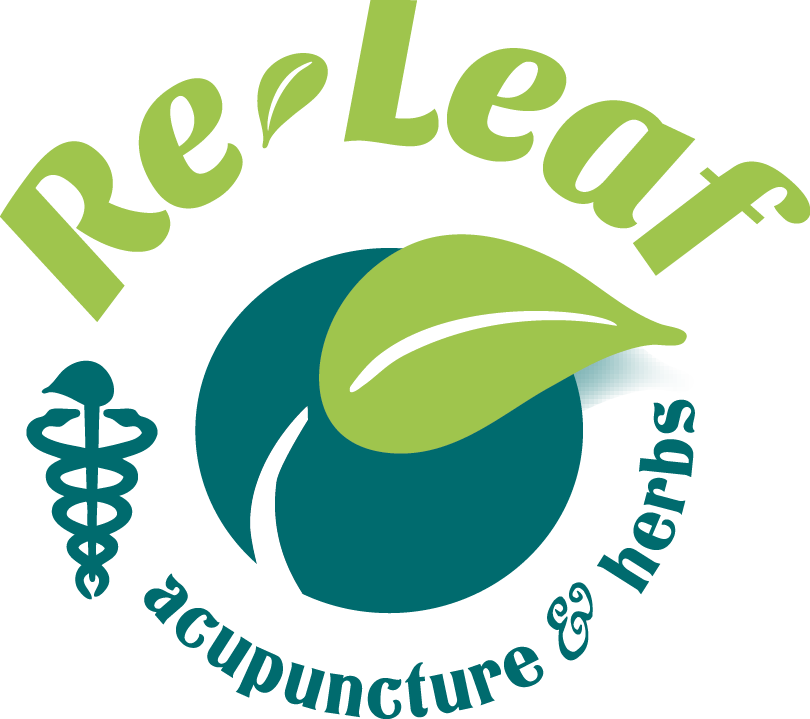Tui Na (pronounced "twee-nah") is an ancient Chinese therapeutic massage technique that is a key component of Traditional Chinese Medicine (TCM). Rooted in principles of balance and harmony, Tui Na combines acupressure, kneading, rolling, and stretching techniques to stimulate the body’s energy flow, known as "Qi," along its meridians. Practitioners use their hands, elbows, and other tools to manipulate the body’s soft tissues and address a wide range of physical and emotional ailments. By targeting specific pressure points and areas of tension, Tui Na aims to restore the body's natural energy balance, promote circulation, and enhance overall health and well-being.
Unlike Western massage therapies focused primarily on relaxation, Tui Na often has a more therapeutic and medical emphasis. It is commonly used to treat musculoskeletal conditions such as joint pain, stiffness, and sports injuries, as well as internal issues like headaches, digestive problems, and stress-related disorders. Sessions are highly individualized, tailored to the patient’s unique needs and TCM diagnosis. Often practiced alongside acupuncture, herbal medicine, and other TCM modalities, Tui Na serves as a holistic approach to maintaining health, preventing illness, and addressing specific conditions.

